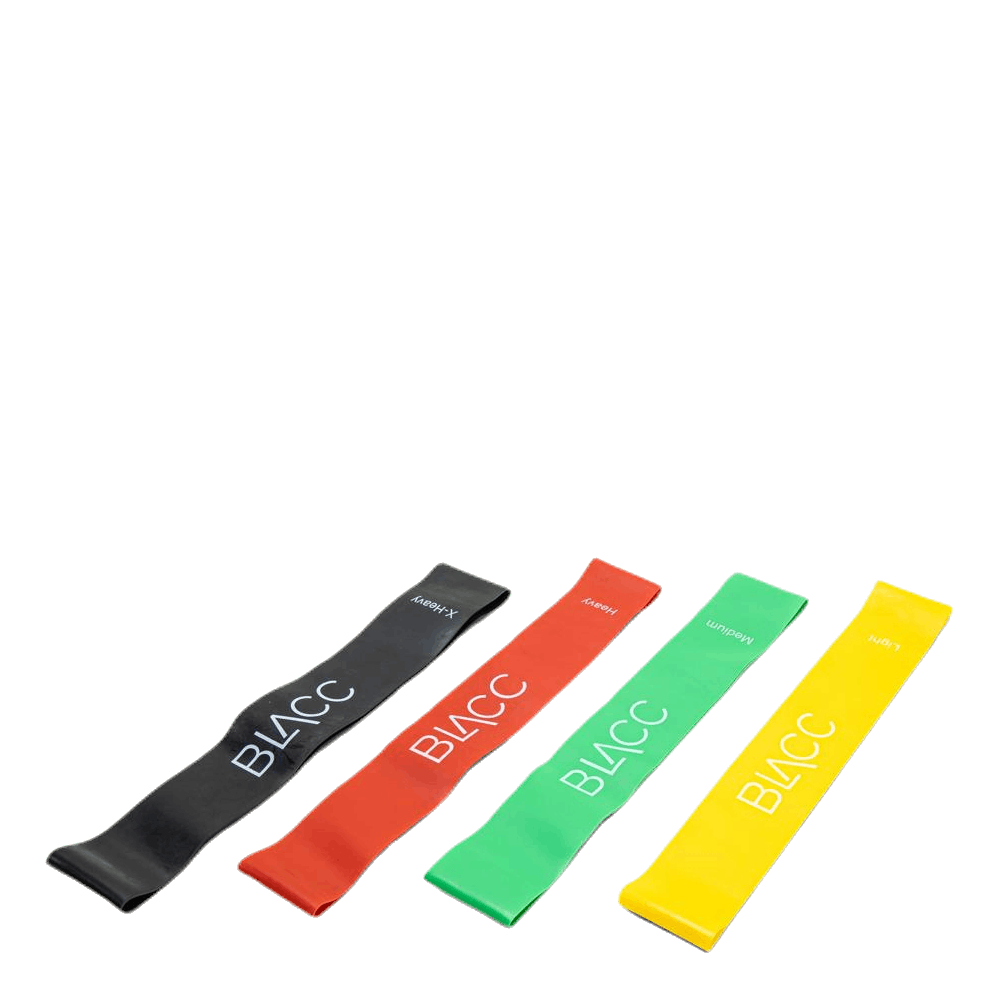
Train Your Brain: 10 Ways to Boost Your Cognitive Abilities with Physical Activity
Introduction: The Connection Between Physical Activity and Brain Health
Many people associate exercise primarily with physical benefits such as increased strength, better endurance, and weight loss. But did you know that regular physical activity also has a significant positive impact on your brain? Research shows that exercise can improve memory, concentration, creativity, and even reduce the risk of age-related cognitive disorders like Alzheimer's.
When you exercise, blood flow to the brain increases, providing it with the oxygen and nutrients needed for optimal function. Additionally, signaling substances like dopamine, serotonin, and norepinephrine are released, improving your mood and mental sharpness. So by moving regularly, you're giving your brain the best conditions to perform at its peak.
1. Nature Walks: Combine Exercise with Mental Rejuvenation
One of the simplest and most effective ways to train both your body and brain is to take a walk outdoors, preferably in a scenic natural environment. Being surrounded by greenery has been shown to reduce stress, improve concentration, and increase creativity. Plus, the fresh air and daylight provide an extra energy boost.
The next time you feel mentally drained, take a break from the screen and go for a 30-minute walk in the park or forest. Let your thoughts wander freely while you enjoy the surroundings and feel the stress melt away. You'll return with renewed energy and a clearer focus.
2. Dance Games: Train Coordination and Memory to Upbeat Music
Dancing is not only fun but also an excellent way to exercise your brain. When you move to music, multiple areas of the brain are activated simultaneously, including those that control motor skills, coordination, timing, and memory. Additionally, endorphins are released, giving you a feeling of joy and well-being.
With today's interactive dance games like Just Dance and Dance Dance Revolution, you can get a great brain workout right in your living room. Try to keep up with the challenging choreographies, and feel yourself improving with each session. Invite friends and family to join in and make it a social activity – laughter and socializing are also great for the brain!
3. Ball Sports: Sharpen Reaction Time and Split Vision
Playing ball sports like tennis, table tennis, squash, or badminton is an effective way to train your reaction time and split vision. When you follow the ball's movements and quickly have to decide how to hit it, your brain's executive functions are activated. Regular practice can improve your ability to process information and make quick decisions, even off the court.
Moreover, many ball sports are social activities that allow you to socialize while exercising. Interacting with teammates and opponents stimulates the brain in a different way than when you train alone. So schedule a session with a workout buddy and hit the court – your brains will thank you!
4. Climbing: Problem-Solving and Spatial Thinking at Great Heights
Climbing is a sport that truly challenges both body and mind. When you tackle a climbing wall, you must constantly solve problems and plan your movements several steps ahead. Which hand should I move next? How do I distribute my weight to avoid losing my grip? Your brain works at high pressure to guide you safely to the top.
In addition to problem-solving, climbing also trains your spatial ability – how you perceive and navigate your surroundings. Judging distances, angles, and depths becomes crucial for finding the right holds. With regular practice, you can improve your spatial thinking even in everyday life, such as when rearranging furniture at home or packing items into your car.
5. Yoga and Meditation: Focus the Mind and Reduce Stress
Yoga and meditation are ancient techniques for calming the mind and increasing focus. By engaging in mindful presence, deep breathing, and gentle movements, you give your brain a much-needed break from daily stress and distractions. Regular practice has been shown to improve memory, concentration, and mental endurance.
A significant advantage of yoga and meditation is that they can be practiced almost anywhere, anytime. You only need a mat or cushion and a few minutes of undisturbed time. Start your day with a short meditation or end it with some soothing yoga poses. Your brain will benefit from the restorative effect.
Conclusion: An Active Lifestyle for a Healthier Brain
As you can see, there are many fun and varied ways to exercise your brain through physical activity. Whether you prefer leisurely walks, fast-paced ball sports, or challenging climbing, you can find an exercise form that suits your lifestyle and personality. The most important thing is that you move regularly and continuously provide your brain with new stimuli to work with.
So the next time you lace up your sneakers, remember that you're not just investing in a stronger body but also in a healthier brain. With the right combination of physical activity and mental stimulation, you can stay sharp and alert through all stages of life. Your brain will thank you – both today and in the future!












